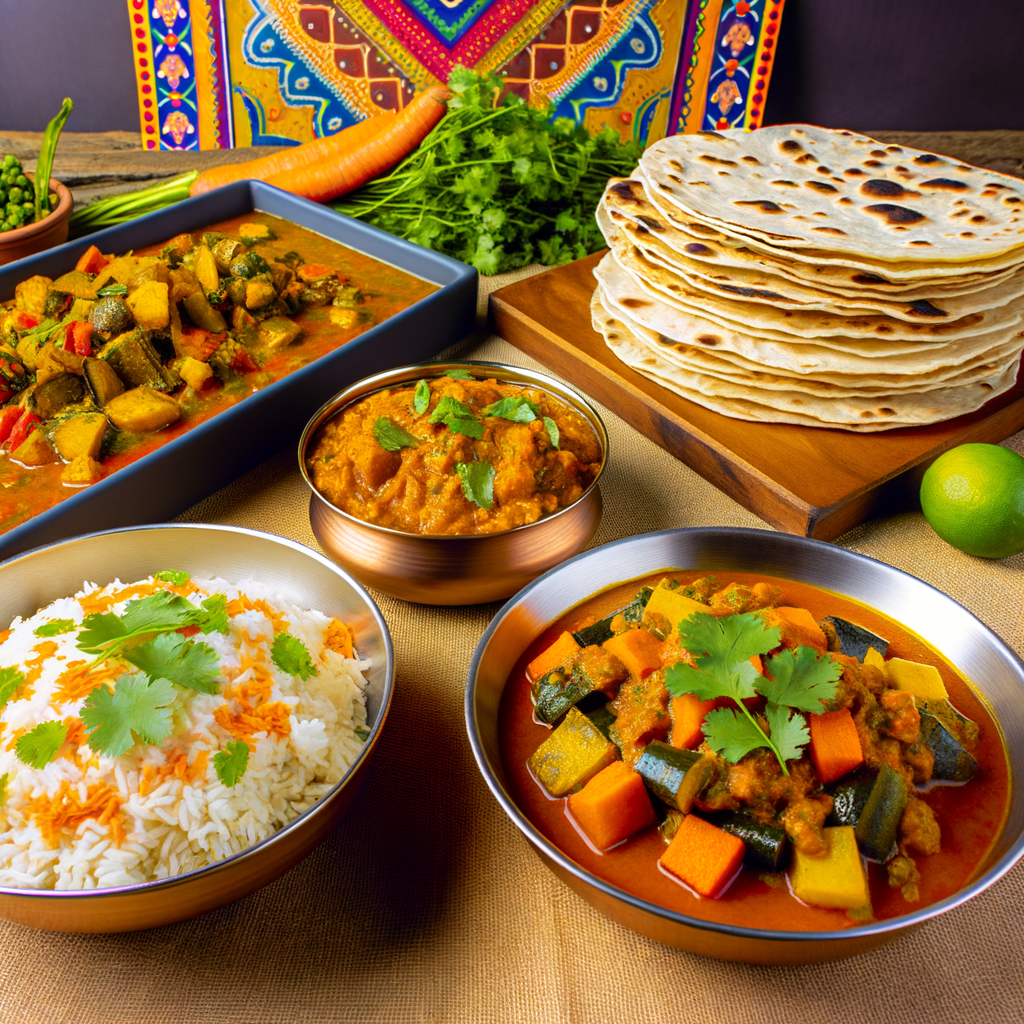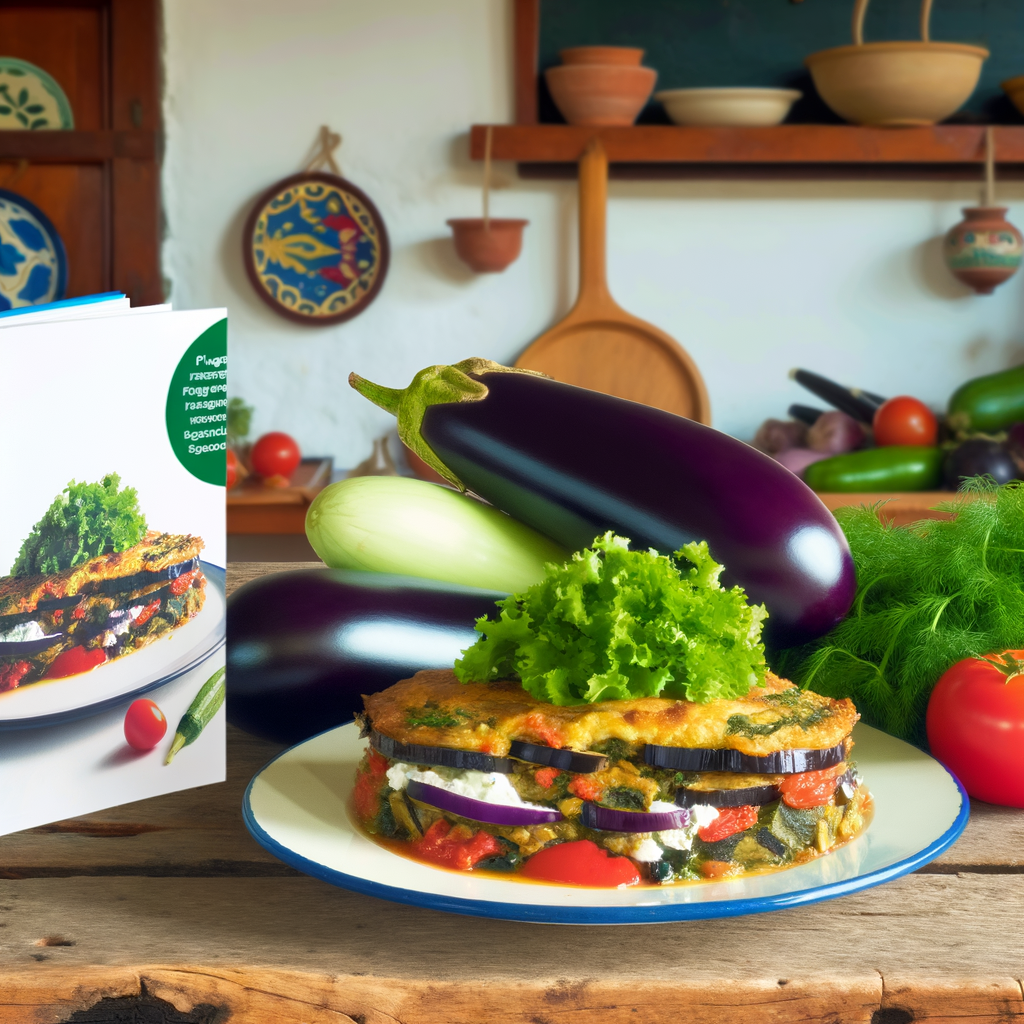Canned Beans: To Rinse or Not to Rinse?
Canned beans are a staple in many kitchens, beloved for their convenience, versatility, and nutritional value. They’re an essential ingredient for anyone looking to add protein and fiber to their diet with ease. However, there’s an ongoing debate that piques the curiosity of many home cooks and nutritionists alike: should you rinse canned beans or not? Let’s dive into the details to help you decide the best approach for your cooking and dietary needs.
Why Do Some People Choose to Rinse Their Beans?
Rinsing canned beans is a common practice in many households. There are several reasons why you might consider taking this extra step before incorporating them into your recipes:
- Reduced Sodium Content: One of the primary reasons people rinse canned beans is to lower their sodium content. The liquid that beans are canned in often contains added salt, which can contribute to your daily sodium intake. If you’re mindful of your sodium consumption for health reasons, rinsing can significantly reduce the amount in your final dish.
- Improved Texture and Taste: The liquid in canned beans, often referred to as bean brine or aquafaba, can be somewhat viscous and may alter the texture of your dishes. Some people find that rinsing beans can lead to a cleaner taste and a more appealing bean texture.
- Removal of Additives: Apart from salt, some canned beans may contain other preservatives or additives. Rinsing can help wash away these substances, offering a purer bean experience.
Reasons to Keep the Liquid
While rinsing has its benefits, there are occasions when keeping the canned bean liquid might be advantageous. Here are a few reasons why you might want to incorporate it into your cooking:
- Enhanced Flavor: Sometimes, the liquid complementing the beans can add depth and richness to your dishes. It can infuse a savory element into soups and stews.
- Thickening Agent: Aquafaba, the liquid from chickpeas, is especially popular in vegan cooking. It acts as a thickener, emulsifier, or even an egg substitute in recipes like meringues, mayonnaise, or baked goods.
- Nutrient Retention: A portion of the nutrients from the beans can leach into the liquid during the canning process. Keeping the liquid means maintaining those nutrients in your meal.
Different Types of Canned Beans
The decision to rinse can also depend on the type of bean you are using. Understanding the characteristics of various canned beans can guide your choice:
Black Beans
Black beans are popular in Latin American cuisines and are known for their earthy flavor and creamy texture. Rinsing can help reduce the sodium and improve their texture, making them perfect for salads and healthy regimens.
Chickpeas (Garbanzo Beans)
Chickpeas are incredibly versatile. Not only are they used in traditional dishes like hummus, but their liquid (aquafaba) has gained fame in vegan recipes as a functional ingredient. If you’re baking vegan treats, consider keeping the liquid and using rinsed chickpeas for other applications.
Kidney Beans
Kidney beans are typically used in hearty dishes like chili. Rinsing kidney beans can provide a balanced texture to such meals, aligning them well with other ingredients by reducing the viscosity of the surrounding sauce.
Health Considerations
For those following specific dietary guidelines or addressing health concerns, the choice to rinse or not can have implications:
- High Blood Pressure: Reducing sodium is crucial for managing blood pressure. Rinsing can help lower sodium content by up to 41%.
- Weight Management: Beans are an excellent source of protein and fiber, aiding in satiety and weight management. To optimize nutritional benefits while managing calorie intake, rinsing is often beneficial.
- Digestive Health: Some individuals might experience gastrointestinal discomfort from beans. Rinsing can reduce oligosaccharides, which contribute to gas and bloating, thus making beans more digestible.
The Environmental Aspect
Canning is an energy-intensive process, but it helps reduce food waste by prolonging shelf life. However, discarding the liquid may seem wasteful. Consider using it in a creative way, such as adding it to stock or compost if not consumed directly.
**Environmentally conscious decisions** mean being mindful of not only food waste but water usage during rinsing. Strive for a balanced approach that meets both health and environmental needs.
Conclusion
To rinse or not to rinse canned beans is largely a personal choice that depends heavily on dietary goals and recipe requirements. Both methods have valid points, and understanding the impact of rinsing can assist you in making the best choice for you and your household. Recognize the possible purposes of the bean liquid and weigh them against your health objectives and culinary preferences. Ultimately, whether you choose to swirl those beans under water or straight into your pot, canned beans remain a versatile and nutritious pantry staple worth celebrating.











